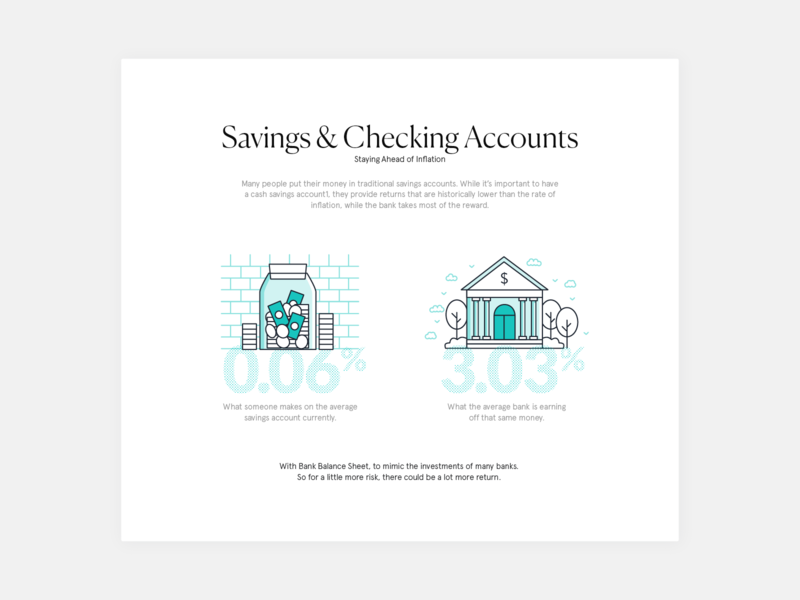The Consequences Of Stopping Working To Meet A Performance Bond
The Consequences Of Stopping Working To Meet A Performance Bond
Blog Article
Content Written By-
When a guaranty issues a performance bond, it assures that the principal (the party that acquires the bond) will certainly satisfy their commitments under the bond's terms. If the primary fails to satisfy these responsibilities and defaults on the bond, the guaranty is accountable for covering any kind of losses or damages that result.
1. Loss of credibility: Back-pedaling a performance bond can harm the principal's credibility and credibility, making it harder to protect future company or funding.
2. Legal and administrative prices: The guaranty might need to pay legal and management costs connected with seeking the principal for damages or attempting to rectify the situation.
3. Economic losses: The guaranty might need to cover the expense of finishing the job or offering the services that the principal stopped working to provide. This can cause considerable economic losses for the guaranty.
4. Increased premiums: If the principal has a background of defaulting on performance bonds, they might be needed to pay greater premiums in the future to acquire the required bonding.
On the whole, back-pedaling a performance bond can have significant financial effects for both the principal and the guaranty. It is essential for principals to thoroughly consider their obligations and guarantee they are able to fulfill the regards to the bond to prevent these adverse results.
Defaulting on a performance bond can be a pricey error for organizations. When you fail to meet the bond's obligations, the economic effects can be substantial. From paying what is a non surety bond to potential lawful fights and harmed relationships, the consequences can resound throughout your company operations. Comprehending the elaborate internet of economic influences that defaulting on a performance bond can have is critical for protecting your business's monetary health and wellness and credibility.
Financial Penalties for Defaulting
If you default on a performance bond, you'll likely encounter substantial punitive damages. These fines can differ relying on the terms of the bond contract yet commonly include paying the bond amount completely to the obligee. This implies that if you fall short to fulfill your legal responsibilities, you should pay the bond total up to the task owner or the entity that called for the bond.
In addition, you may likewise be in charge of any kind of added expenses sustained by the obligee as a result of your default, such as finding a substitute contractor or covering project hold-ups.
Defaulting on an efficiency bond can likewise lead to lawful fees and court expenses if the obligee determines to take lawsuit against you to recuperate the bond quantity. These expenditures can promptly build up, additional aggravating the monetary influence of your default. It's necessary to carefully review and recognize the terms of the performance bond to prevent these serious punitive damages.
Influence On Service Cash Flow
Back-pedaling an efficiency bond can significantly impact your business capital, influencing financial stability and operational capacities. When you back-pedal a performance bond, you take the chance of shedding the bond quantity, which can be a substantial amount. This loss straight influences your cash flow, as you'll need to locate alternative sources of funding to cover the bond amount. Furthermore, skipping can cause increased examination from sureties, making it harder and extra expensive to safeguard bonds in the future. This can even more strain your capital as you may need to designate additional sources to satisfy bonding requirements.
The impact on your capital doesn't quit there. fidelity bond policy on an efficiency bond can also result in job hold-ups or terminations, causing a loss of earnings. Additionally, the negative track record that features defaulting can deter prospective clients, further reducing your cash flow. On the whole, back-pedaling an efficiency bond can have destructive results on your organization's economic health and wellness and ability to operate efficiently.
Legal Implications and Claims
Facing lawful ramifications and possible claims because of back-pedaling a performance bond can dramatically affect your organization's online reputation and monetary standing. When you default on a performance bond, the guaranty firm might take lawsuit to recuperate the bond amount paid. This can cause pricey legal fees, court expenditures, and potential negotiations or judgments against your business.
Furthermore, defaulting on a performance bond might result in damaged relationships with clients, subcontractors, and providers, affecting your capability to safeguard future contracts. Suits arising from bond defaults can taint your business's reputation in the sector, making it challenging to attract brand-new companions or clients.
Furthermore, if the default results in a court judgment versus your organization, it might result in possession seizure or liens, additionally stressing your monetary stability. As a result, it's vital to recognize the lawful implications of back-pedaling an efficiency bond and take proactive actions to mitigate the risks included.
Final thought
As you encounter the effects of defaulting on an efficiency bond, remember this: it resembles strolling a tightrope without a safeguard. One incorrect move can send you dropping into an economic freefall, without any way to stop the loss.
The punitive damages, capital impact, and lawful ramifications are all waiting to catch you if you blunder. So step thoroughly, and constantly honor your commitments to avoid the rough repercussions of default.
